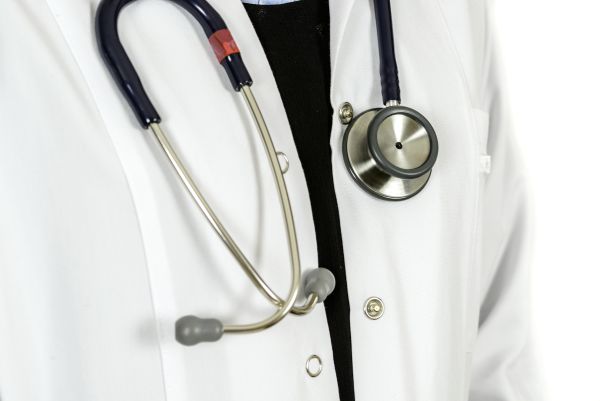3 Crucial Questions for Cancer Patients to Ask Their Dentist

One of the scariest things everybody hopes not to hear is that they now have to deal with cancer. Cancer, in any stage, form, or size, is something that can change a life. If not found early enough, it can be completely devastating to the person, as well as those that the afflicted is close to, as it may not be treatable then. As such, it is important that questions are asked and early investigations are done to ensure that the cancer is found as quickly as possible, or that the signs of possible cancer are known as early as possible so that they can inspect themselves and hopefully keep themselves clean.
Although many people may not think much of it, there are some things that even asking a dentist may help with identifying cancer. There are some of the symptoms that can be noticed by dentists, as well as some that can be told to patients. Unfortunately, the right questions can be hard to find. As such, here are three crucial questions to ask any dentist if cancer is a major priority to worry about.
What types of cancer can be seen in the mouth?
This question can help any person that is worried about cancer to help identify what can possibly be going on. Most dentists can give a generic, or detailed, information on the different types of cancers that can be gotten in the mouth. They can also help to identify the stages of cancer, which can then ensure that it does not go unnoticed.
What are the symptoms of cancer in the mouth?
This is a strong question to ask any dentist that is available. Having someone trained to spot such problems explain what symptoms and signs are showing up inside of the body helps to identify the problem that much sooner. Ensuring that a stable understanding of what the symptoms mean, where the symptoms appear, as well as how bad the symptoms can get can mean life or death for those that are dealing with such ordeals and problems. Even if this yields no results in terms of finding the symptoms immediately, the monthly self-check can save a life if done properly.
What is the healing process for oral cancer?
Although this can seem like a sad and somewhat negative question to ask, if the cancer has already set in, it is best to seek help immediately. Asking what the medical process is to try to remove the oral cancer. This can help lay a roadmap to what needs to be done.
The healing process, unfortunately, does depend on what stage of the oral cancer is currently being shone. This is why these are all crucial questions. As stated before, if the early symptoms of oral cancer are noticed, then the healing process can be started when the cancer is only at, say T1 or T2. The longer someone waits, the worse it can get. As such, starting asking these three questions as soon as there is a possibility of a problem forming.
Request an appointment here: https://lindenbergcancer.com or call Lindenberg Cancer & Hematology Center at (856) 475-0876 for an appointment in our Marlton office.
Check out what others are saying about our services on Yelp: Read our Yelp reviews.
Recent Posts
Hematologic disease treatment often begins long before a formal diagnosis, because the earliest warning signs appear in everyday life. Fatigue, easy bruising, or frequent infections may not seem serious at first, yet they sometimes indicate that the blood, bone marrow, or lymphatic system needs attention. Understanding which symptoms matter, how long they last, and when…
Searching for chemotherapy near me often begins when a patient receives a new cancer diagnosis and needs to understand the next steps in care. Chemotherapy uses powerful medications to slow or stop the growth of cancer cells, and knowing what to expect helps reduce uncertainty. When patients feel prepared, they often experience treatment with more…
At a dedicated cancer treatment center, individuals can find hope in specialized medical care that can improve their overall health and treatment outcomes. These centers provide advanced therapies to improve health and quality of life while also offering compassionate support for patients and their families as they navigate through a scary time in their lives.…
Gynecological cancer treatment is a complex and often emotionally challenging journey. Patients and their families frequently have questions and concerns about available options, potential side effects, and long-term outcomes. The following guide provides answers to some of the most common questions about gynecological cancer and what you can expect from the treatment process.According to Johns…


